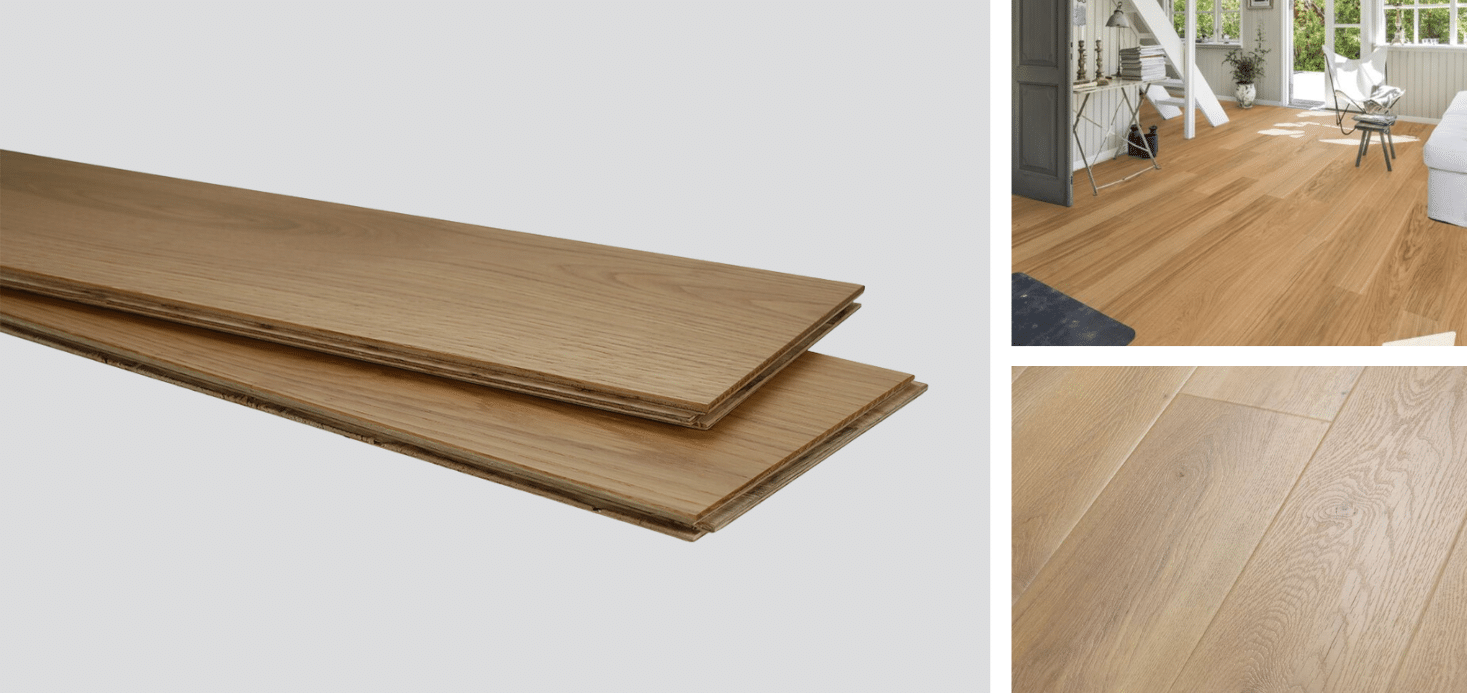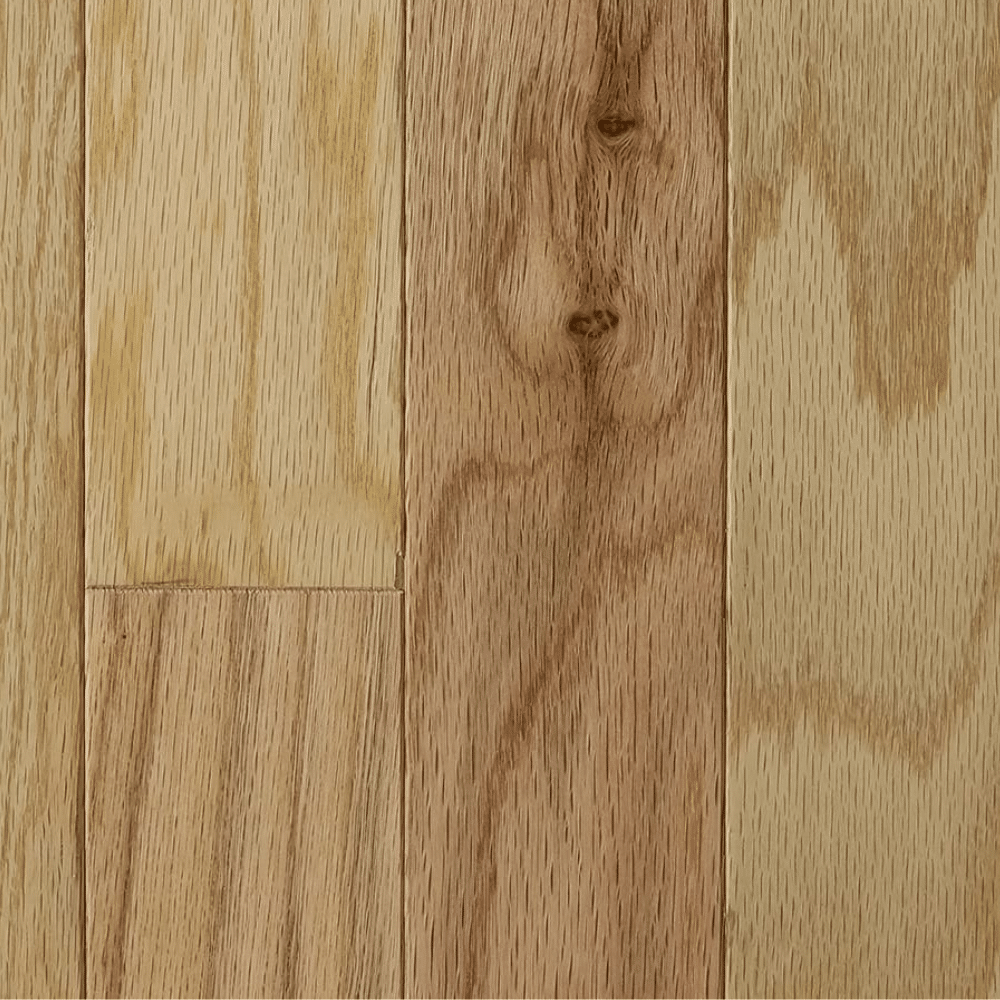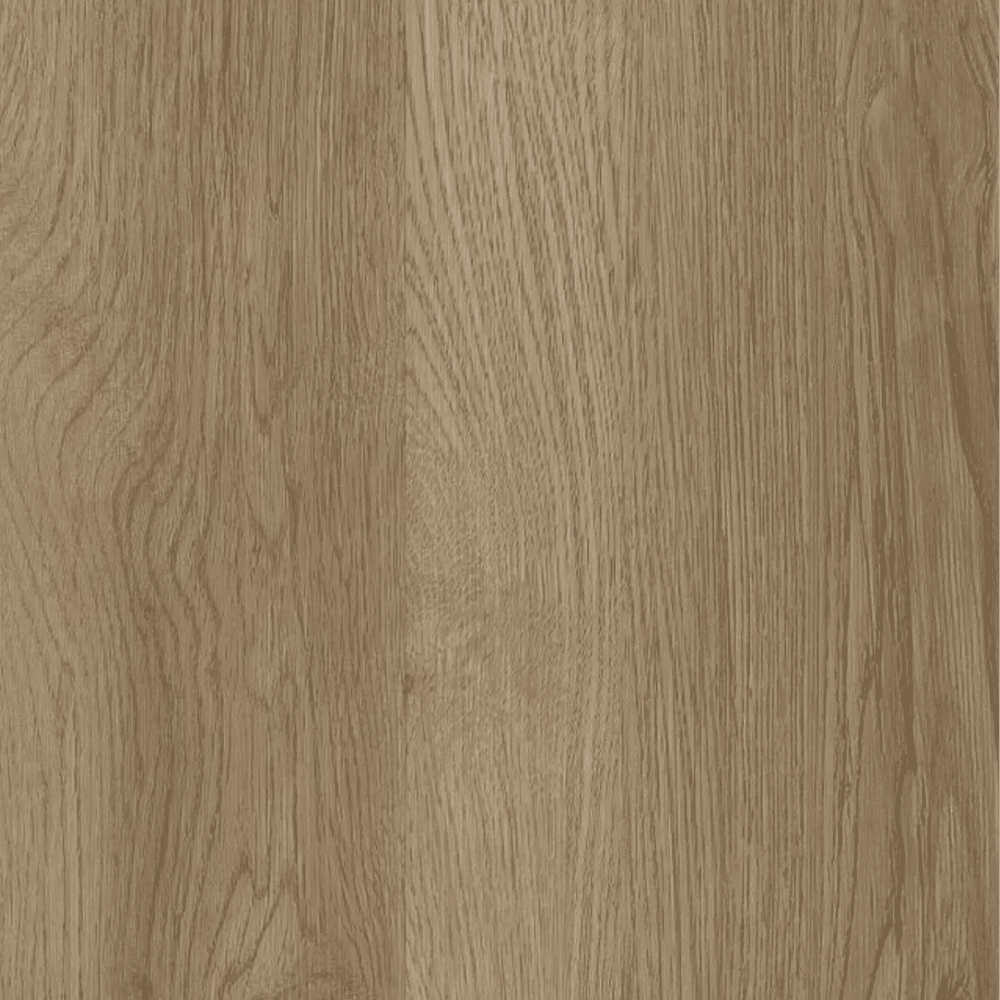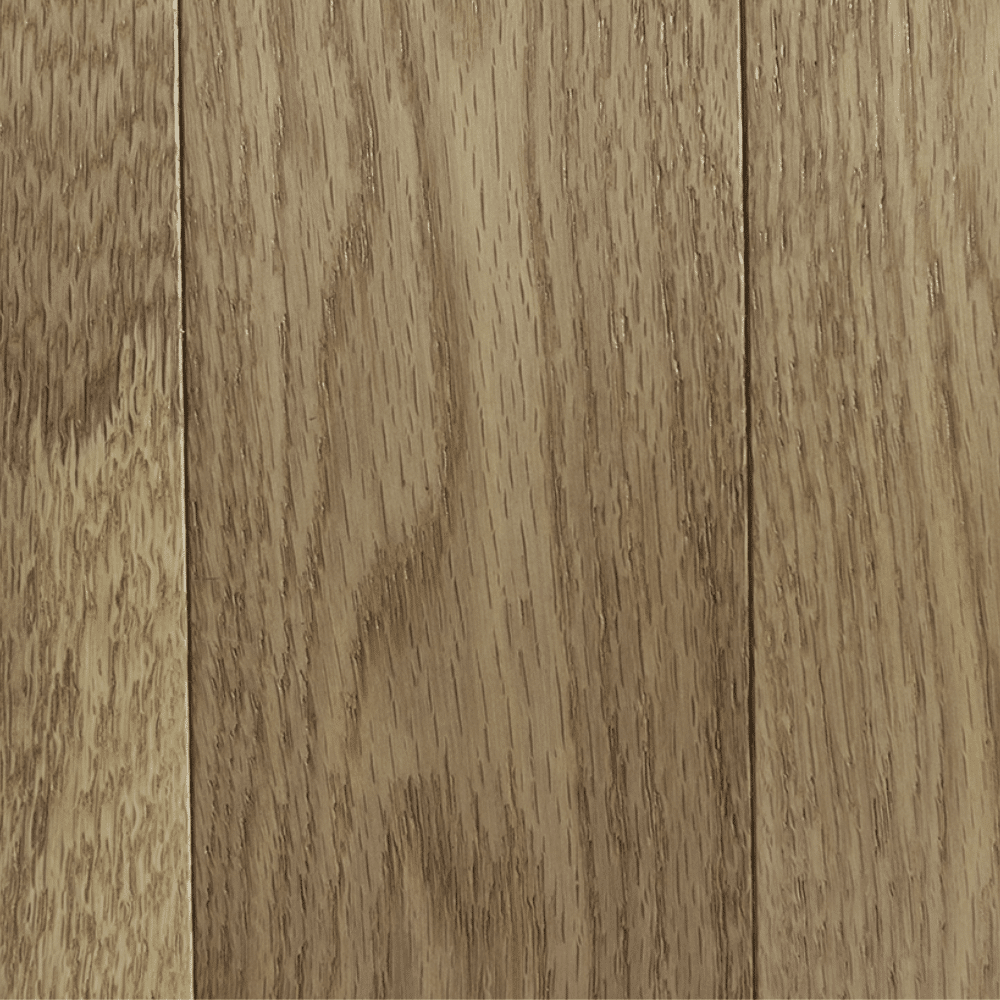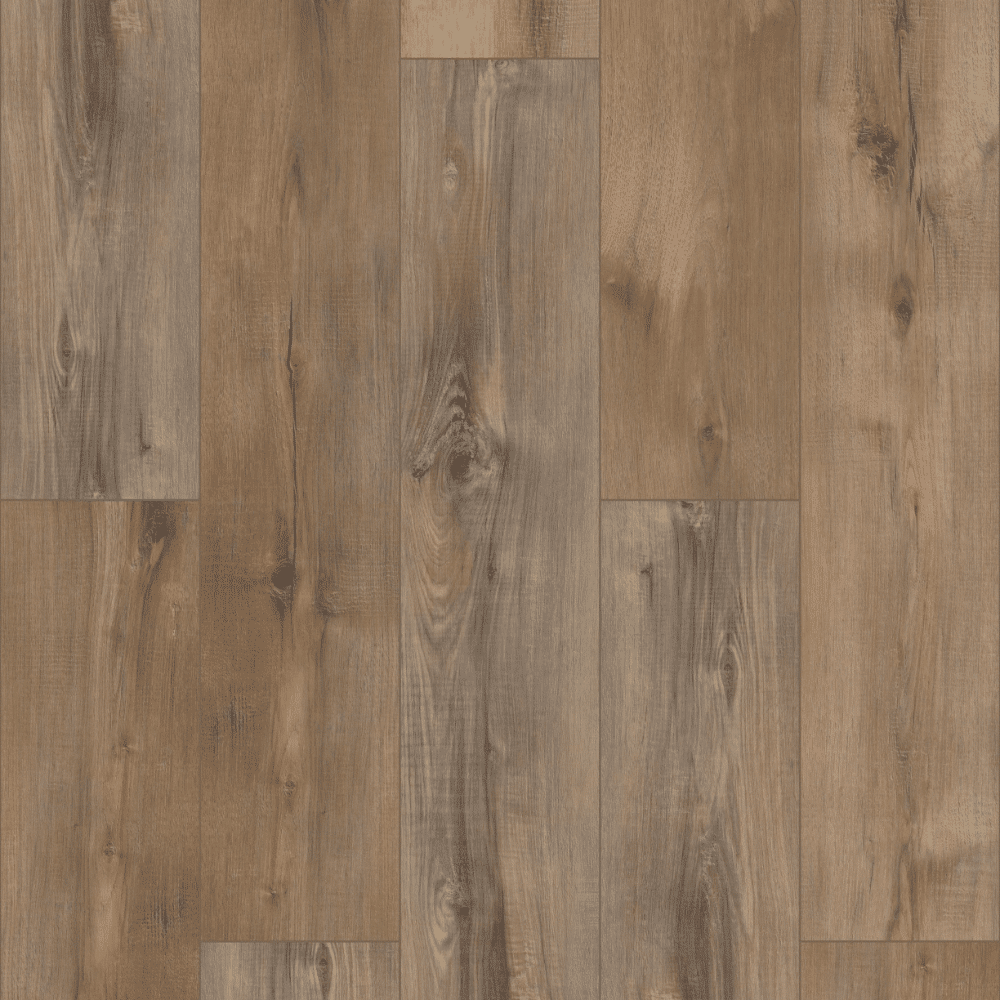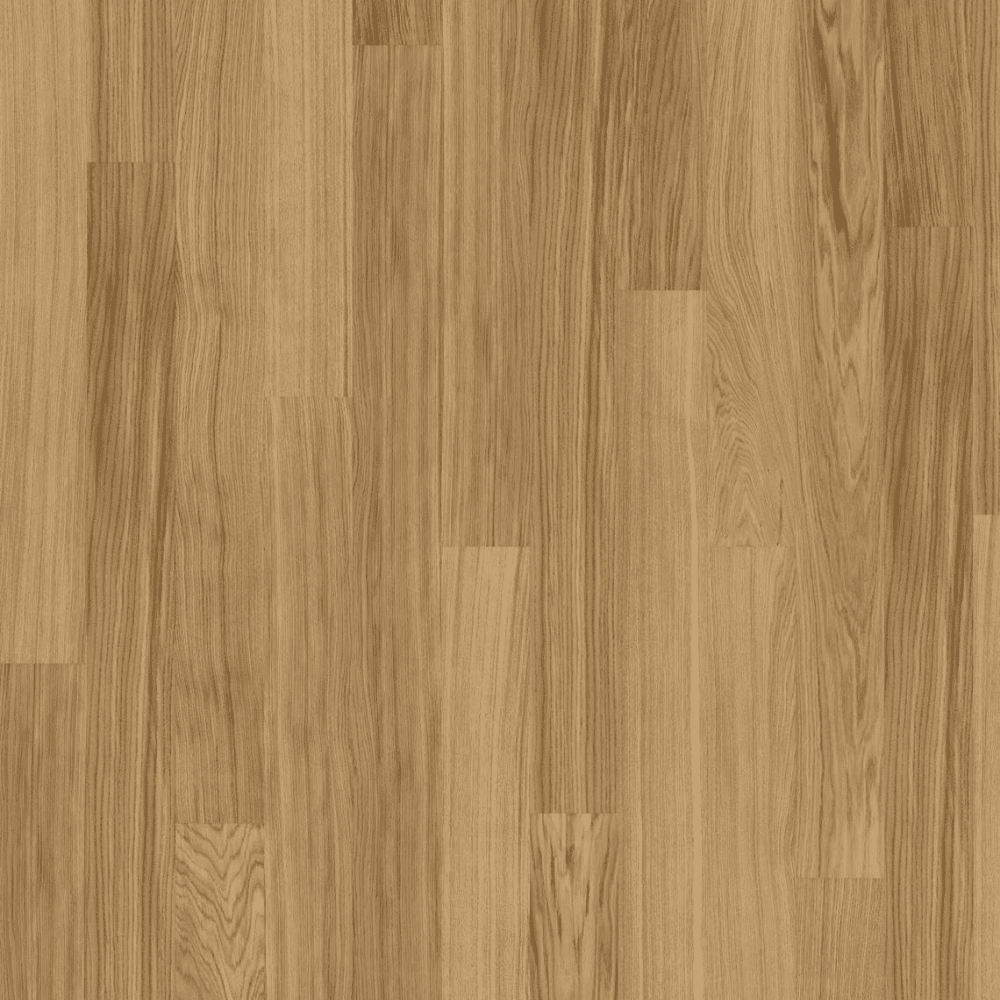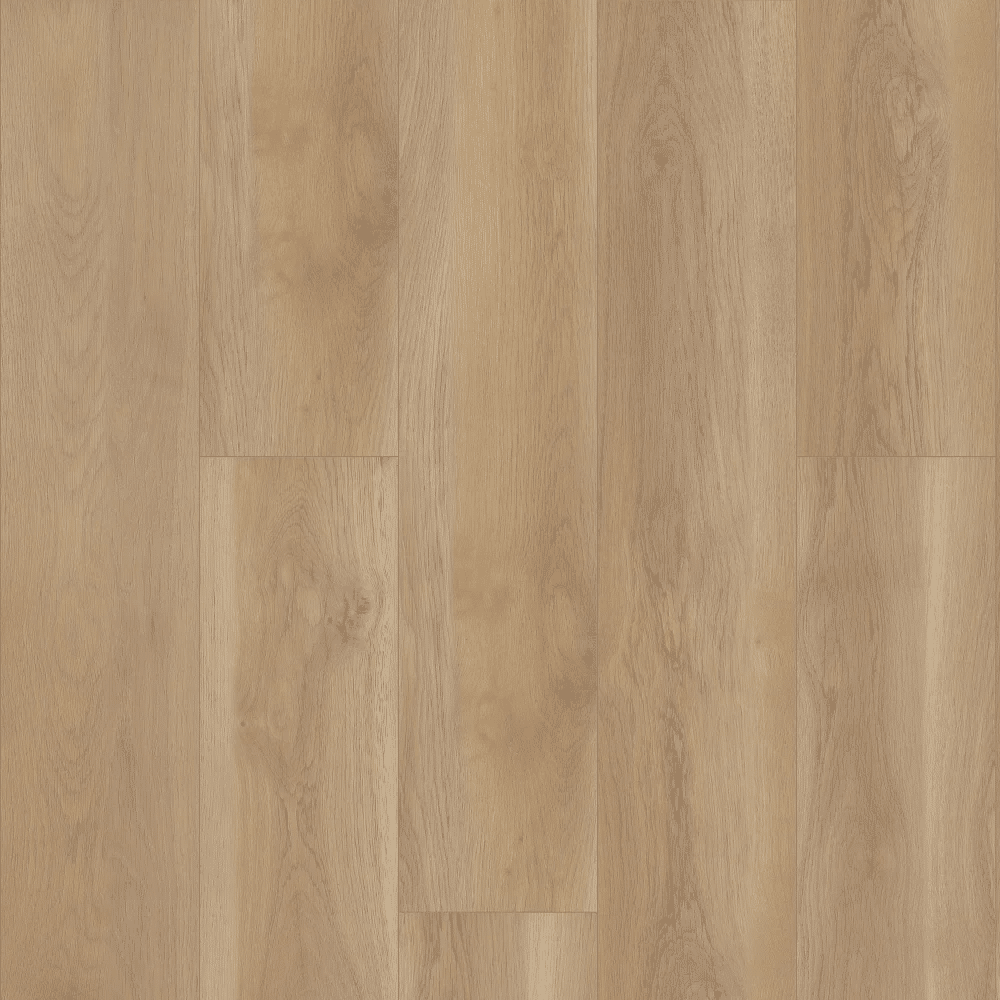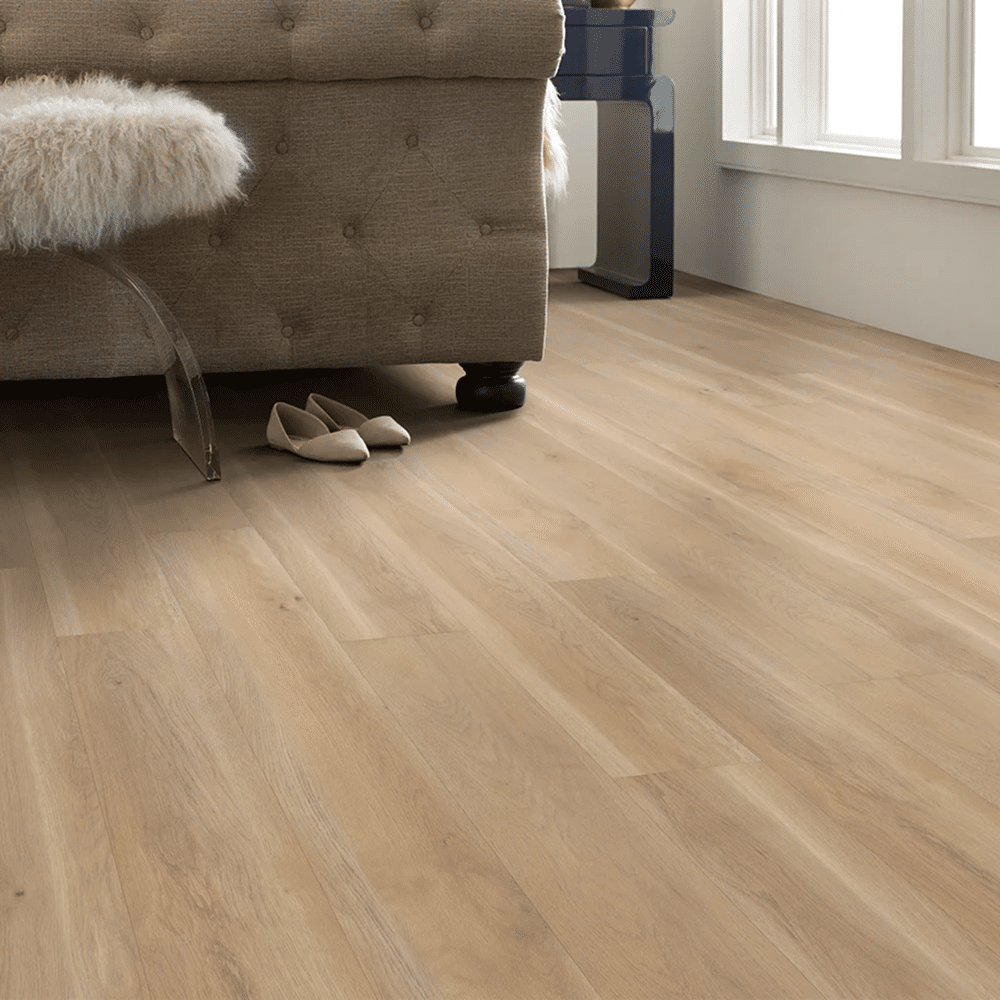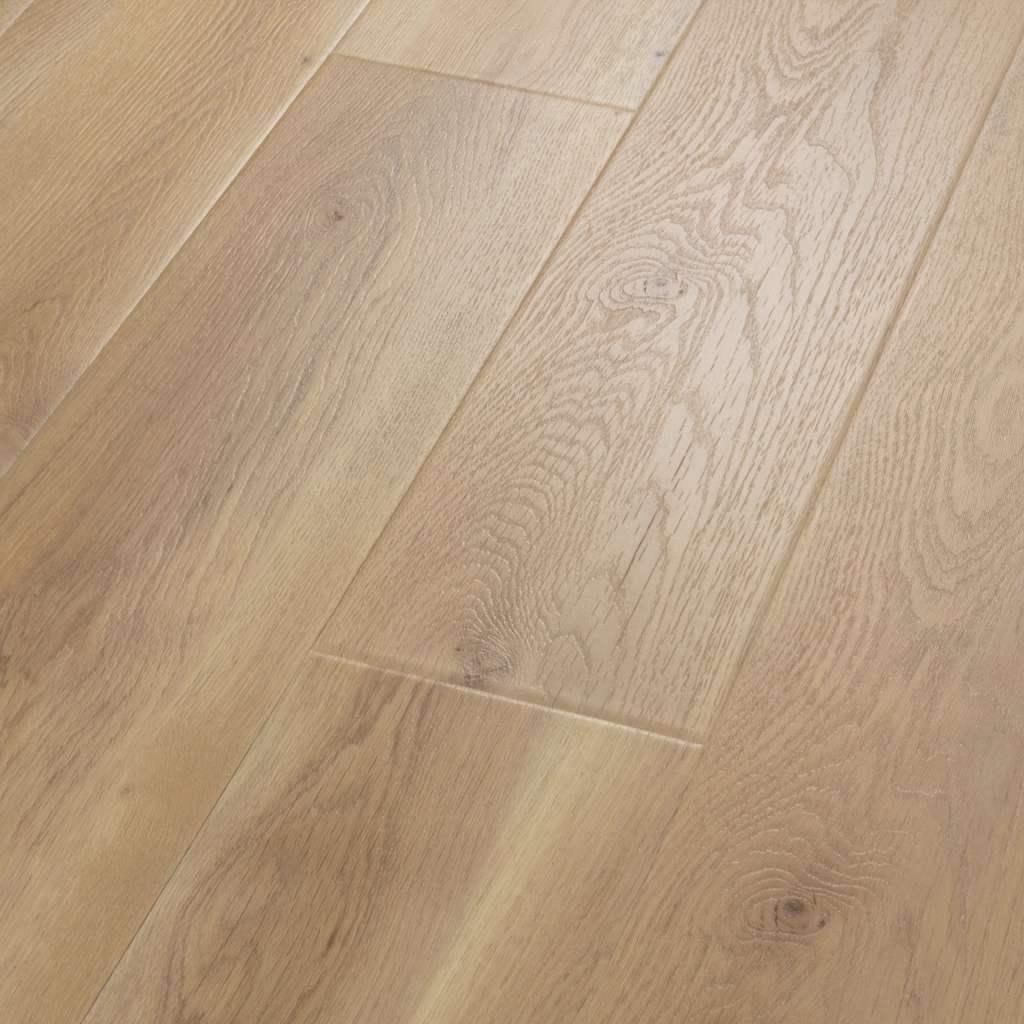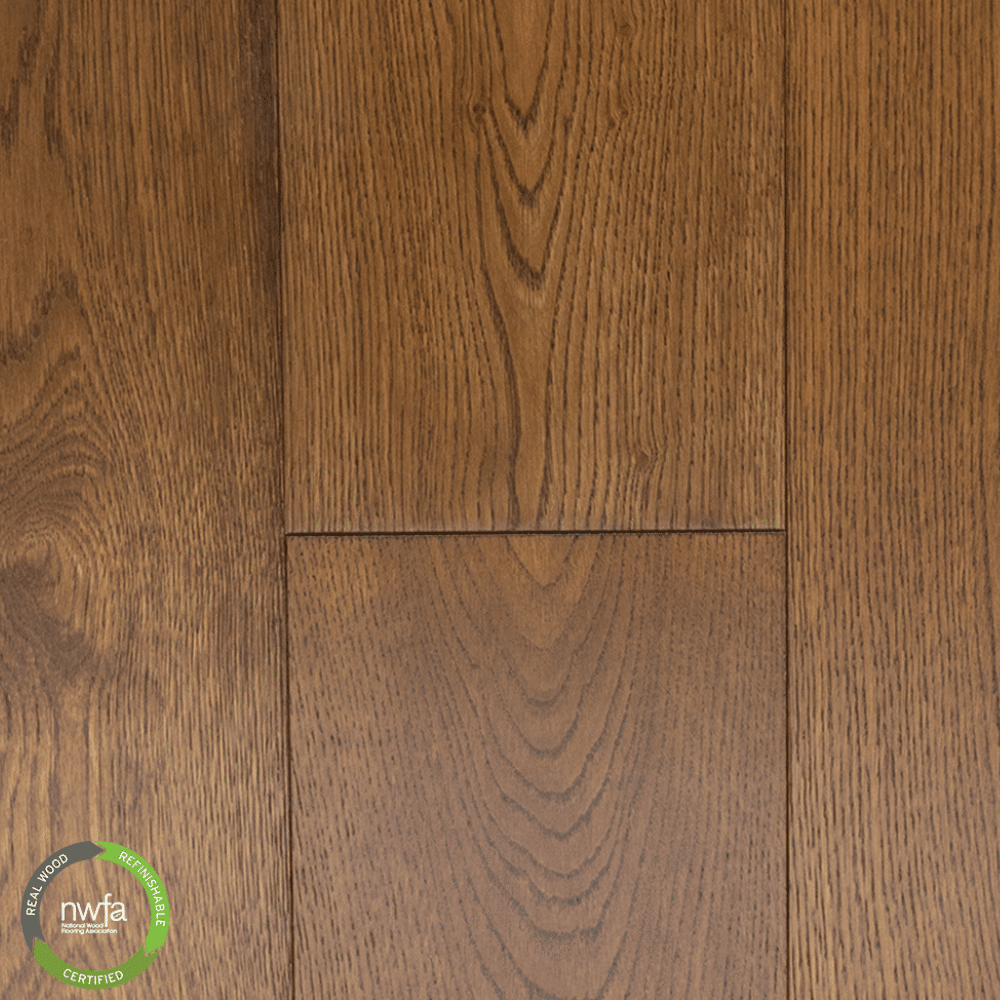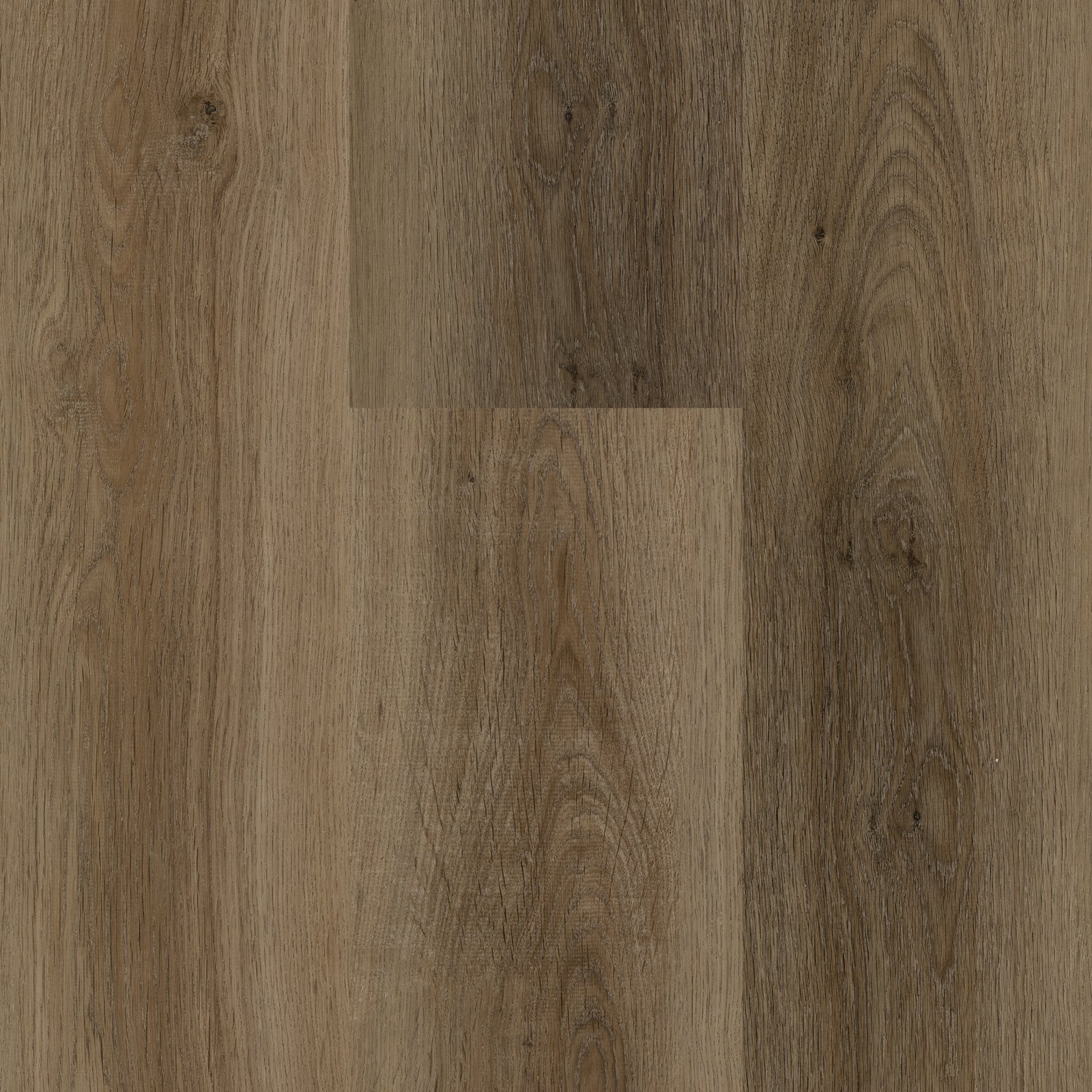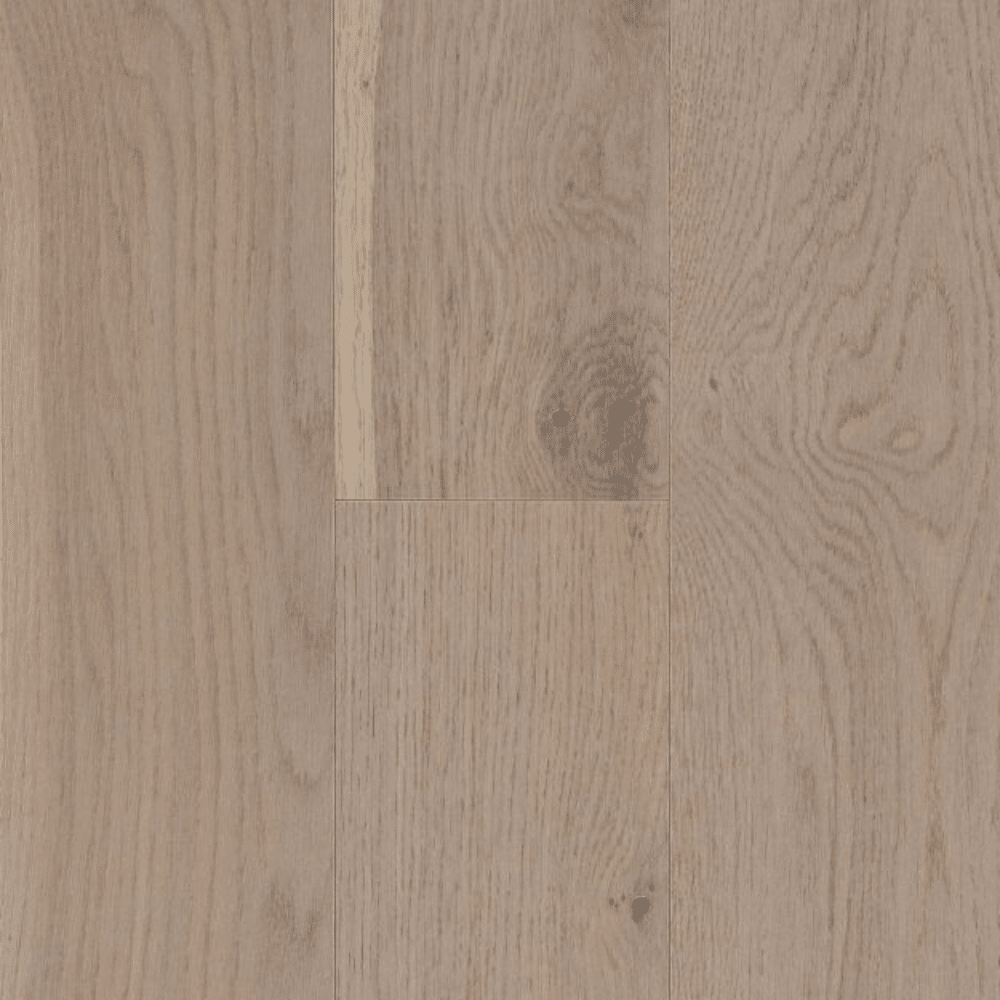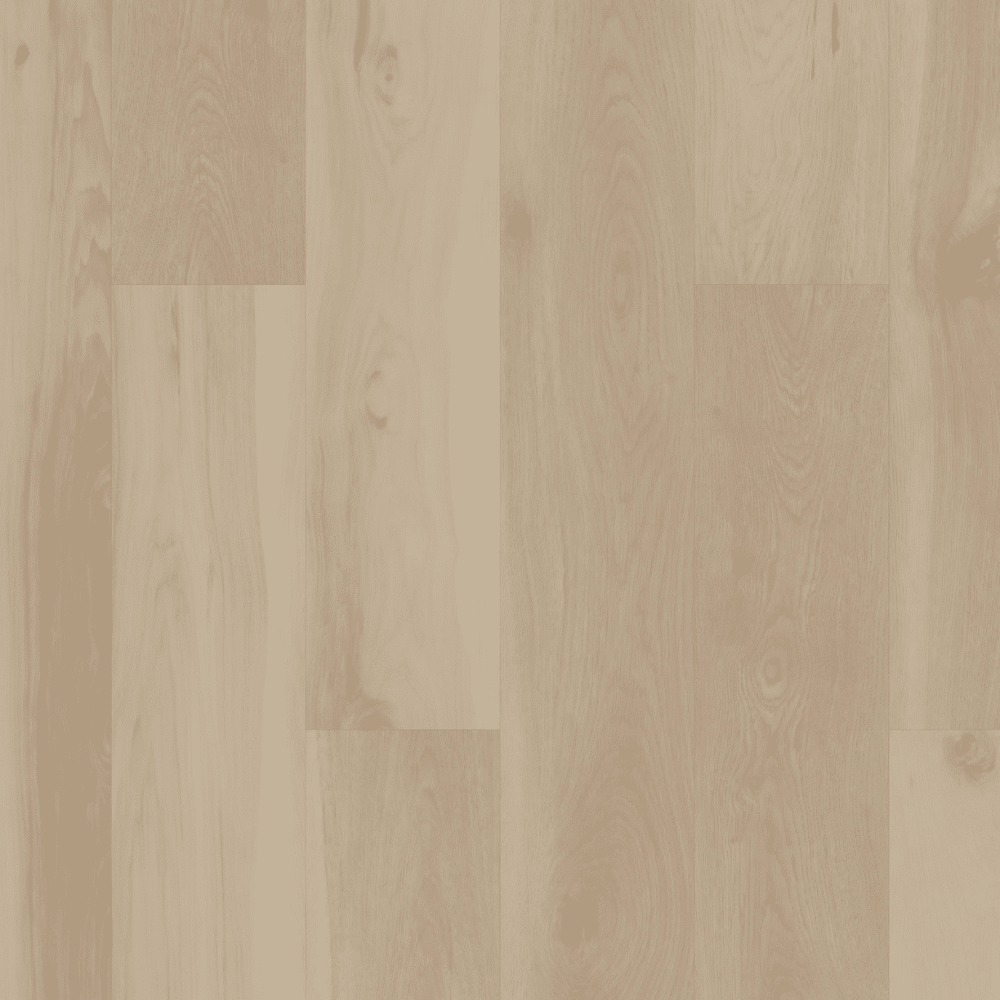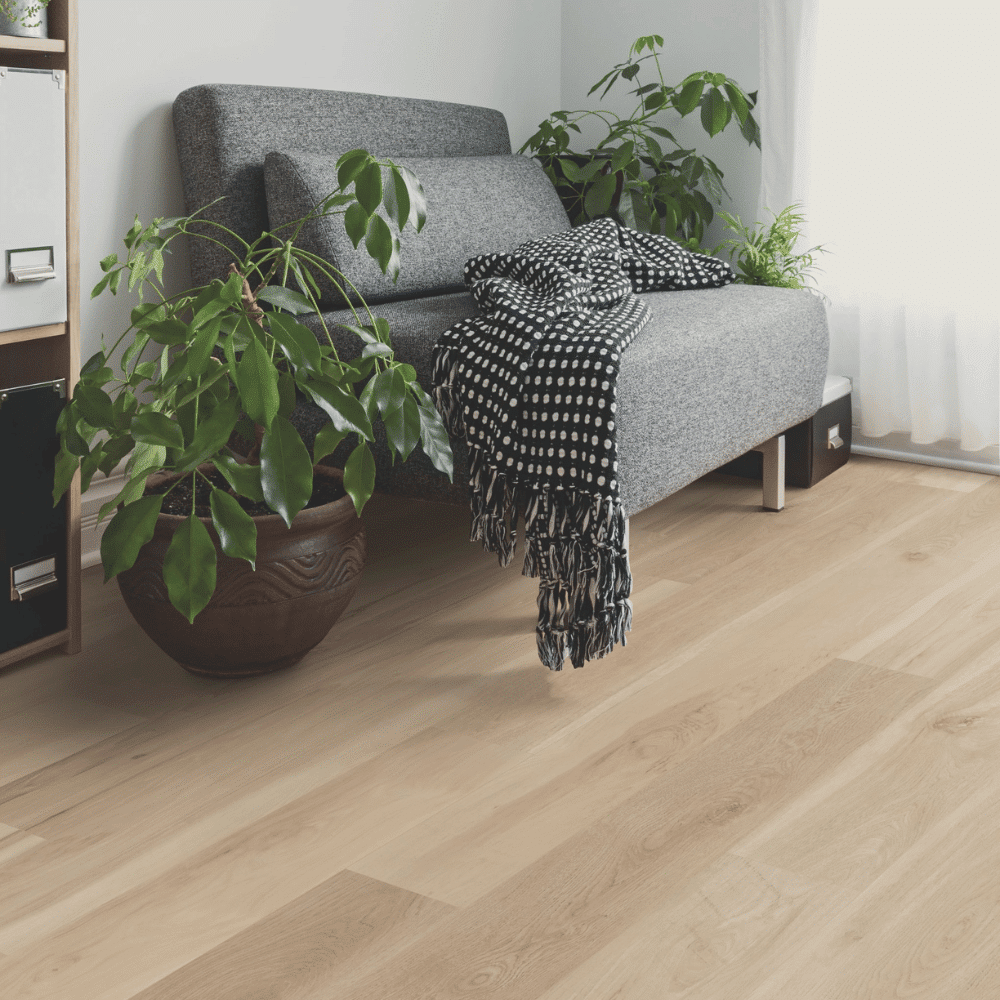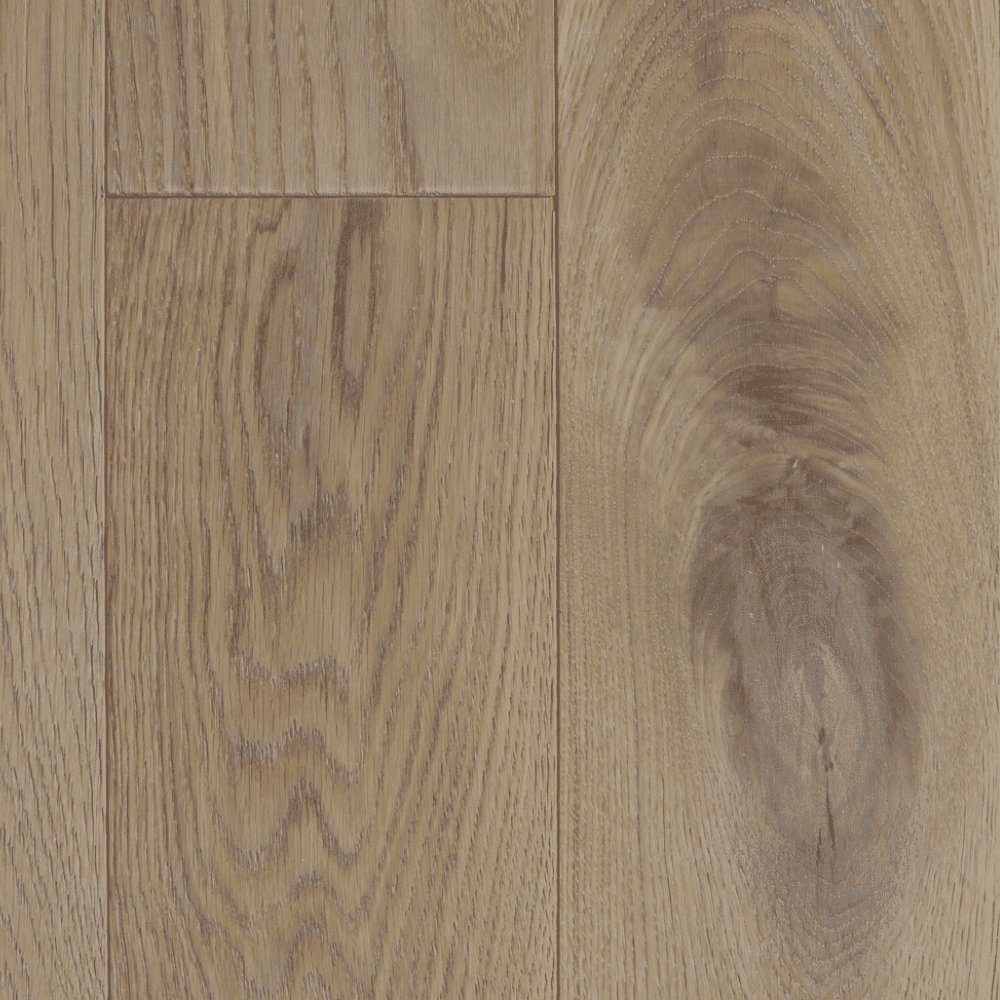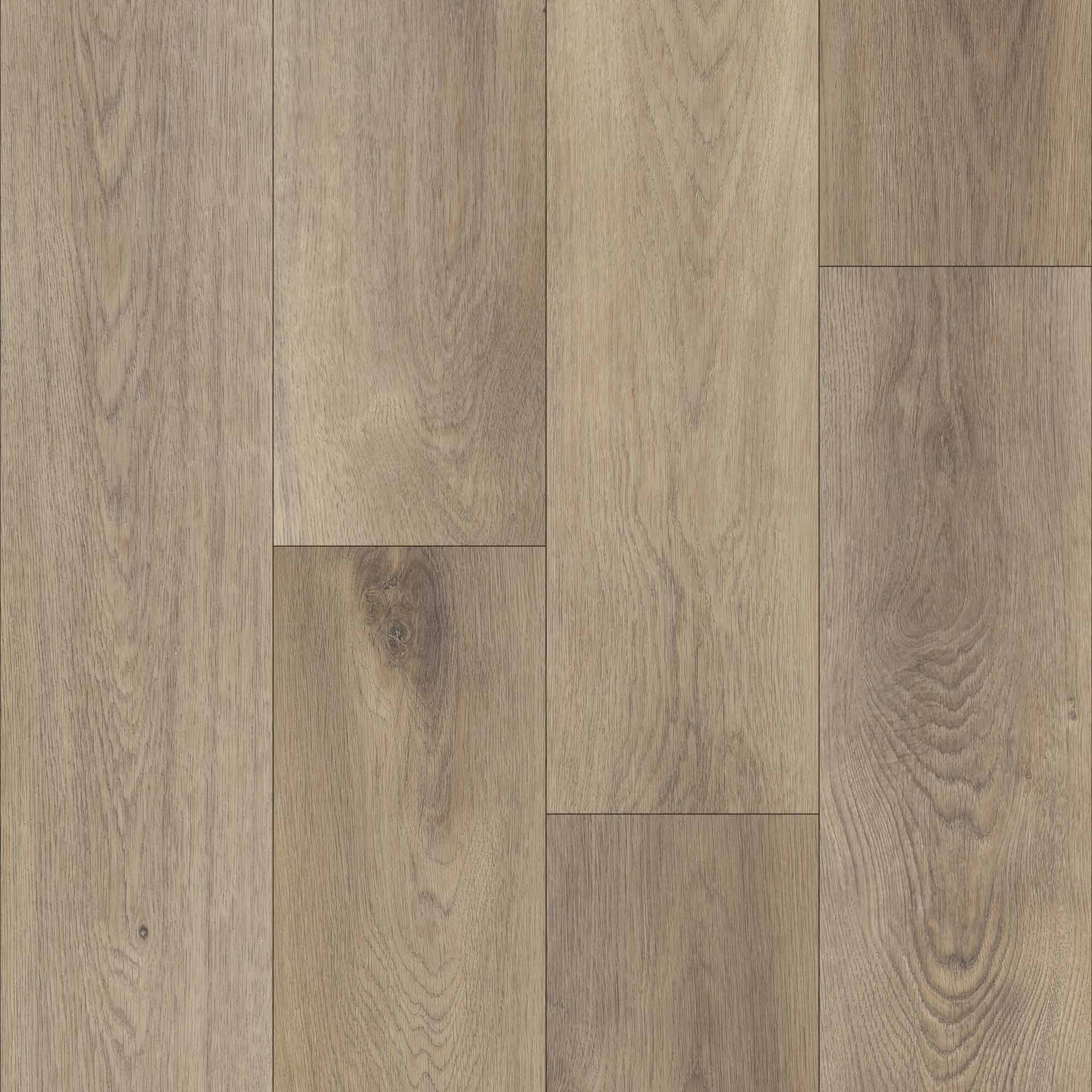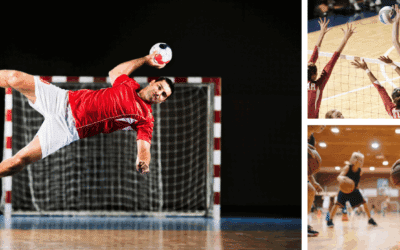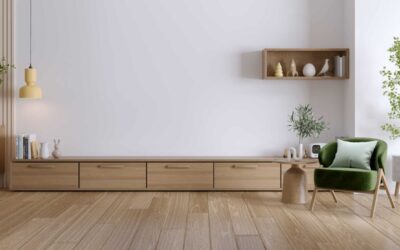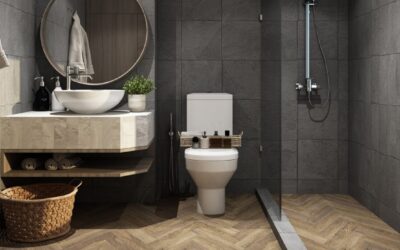Every floor covering comes with advantages and disadvantages.
In this article, you will get an in-depth look at LVP vs. engineered hardwood floors. By the end, you will know how LVP compares to engineered hardwood in popularity, price, aesthetics, installation, usage over time, and eco-friendliness.
Additionally, you can see how LVP and engineered hardwood products compare at similar price ranges, so you can compare the features relative to price, which will help you find the most suitable product based on your budget and lifestyle.
LVP Vs. Engineered Hardwood Overview
The chart below provides an overview comparing LVP and engineered wood flooring. We cover these aspects section by section throughout the article.
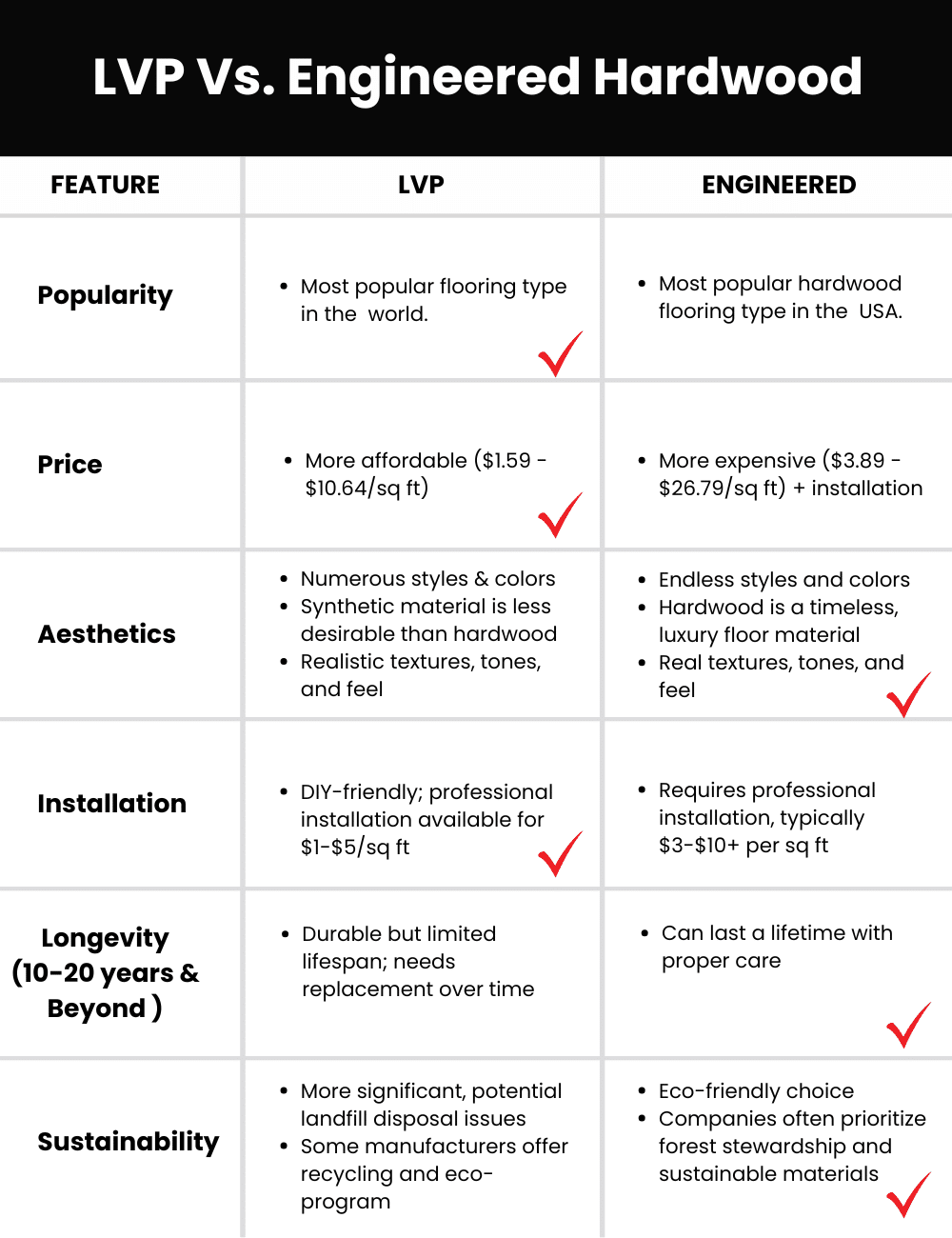
Popularity
According to Roomvo’s 2024 Flooring Trends Report, LVP flooring is the most in demand flooring in the United States and in the world. And engineered hardwood is the most popular type of hardwood flooring in the United States.
Both LVP and engineered hardwood continue to grow in popularity. For now, LVP is the most sought-after flooring on the market.
However, solid hardwood is the most desirable flooring choice, especially for new homes.
Price
LVP is more cost-effective than engineered hardwood. In many ways, affordability is LVP’s defining quality.
In our growing online catalog, we offer nearly 700 different engineered hardwood flooring products ranging from $3.89 – $26.79/sq. ft.
We offer 400 fully waterproof luxury vinyl plank products that range in price from $1.59 – $10.64/sq. ft.
As you can see, LVP is more affordable.
Two Flooring Scenarios that Illustrate Price Differences
Say you need 2,000 sq. ft. of flooring for your home.
You can order 2,000 sq. ft. of highly affordable LVP online from our deals section at $1.59/sq. ft. for a total of $3,210.02 + shipping. Then install it yourself for free.
This means that you can install functional, resilient flooring in your entire home for well under $5,000.
Now consider the same house, but instead of LVP, you decide to install a high-end engineered hardwood floor.
You can order 2,000 sq. ft. of artisanal hand-finished, UV-oil-coated, wide-plank Duchateau with aged character at $26.79/sq. ft. for $53,580 + shipping. Then pay $20,000+ for a picture-perfect installation.
These two scenarios show the difference in cost between the most affordable LVP and high-end engineered hardwood.
Price is an indicator of overall quality. To no surprise, engineered hardwood flooring has a wider and higher price range. And the cost to install it is more expensive than LVP.
Aesthetics
Engineered hardwood is superior to LVP in overall aesthetics. For interior designers, it’s a much more desirable material to work with because of the tones, natural patterns, and authentic textures of real wood.
An expertly crafted engineered hardwood floor exudes natural elegance with a timeless quality that works across any style.
Wood look LVP is manufactured to look like wood, and the embossed in register technology continues to improve, but LVP is 100% synthetic.
Engineered hardwood has a veneer (wear layer) that comes from real trees. This type of floor has a core that’s constructed with layers of lamina, but the top surface – the only layer you will see – is 100% hardwood.
By contrast, LVP comes with a realistic printed image of wood..
You can precisely customize the color of unfinished wood, including engineered, with stain and finish. If you opt for unfinished engineered hardwood or to refinish your floors one day, you can find the perfect shade to match your preference and décor. This allows you to fine-tune the look of your floor to achieve a sophisticated style in your space.
There’s no customization possible for LVP. You browse the different styles and choose one to your liking. Some people will paint their vinyl floors, but we don’t recommend that. However, you do have thousands of different colors and styles to choose from.
Some people refer to vinyl as a cheap, plastic or fake floor, but high-quality LVP has a pleasing aesthetic and solid construction.
Installation
LVP is DIY-friendly to install, and many people lay it down themselves.
Glue down vinyl is a little more difficult to install but can be done yourself.
You can watch an online tutorial, read instructions, and figure out how to do it. You don’t need many tools, either.
If you pay to have someone install it, you will be looking at $1-$5 per sq. ft.
Installing engineered hardwood isn’t a DIY-friendly project. You must have the right tools, supplies, skills, and knowledge to do it correctly. For a professional installation, the rate is anywhere from $3 – $10 per sq. ft. The cost may be higher, depending on the subfloor and other factors.
Note: The above costs are ballpark estimates. You won’t know the exact cost of installation until someone comes out to measure and inspect your subfloor.
Overall, LVP is easier and less expensive to install.
Longevity (10-20 Years & Beyond)
LVP typically lasts for 10 – 20 years, but the number varies, depending on the product. Engineered hardwood can last a lifetime with proper installation, care, and maintenance.
In the short term (10 years), there are many advantages in choosing LVP over engineered wood.
For one, the material is 100% waterproof. If you have a family with children and pets, you can’t help but appreciate the high level of convenience this flooring type offers you in your busy and active life.
You won’t ever stress about spills or wet footprints doing real damage to the floor.
Once your floor is installed, you won’t have to worry too much about it each day because it’s built to hold up.
This can be a load off your mind although you will still have to maintain the floor with a microfiber mop and a high-quality vinyl flooring cleaner.
Second, LVP is a great solution for quickly getting a nice, comfortable floor covering at a low price. You will absolutely save money and still have an attractive and functional floor.
The main downside is that you will have to eventually pull it up, dispose of the vinyl, and have it replaced.
By contrast, if you choose engineered hardwood, you’re making a long-term investment in a floor that will increase your property value while adding beauty and sophistication to your space.
This means you must protect your investment with extra caution and care. It’s wise to set some reasonable expectations and boundaries to prevent problems and to preserve the integrity of the wood.
You must make sure your pets don’t have an accident that goes unnoticed for too long and that their nails are trimmed.
You will want to keep an eye on activities where heavy objects pose a threat to your floor. Maybe your spouse can swing the kettle bell in the garage or take it outside instead of doing it in front of the TV even if they say they’ll be careful.
The same goes for LVP, but the damage done to an engineered floor is more costly than damage done to LVP.
Sustainability
Your LVP floor will last a while, but eventually you’re going to need to replace it. One question that remains unanswered is, “where will all the disposed vinyl flooring end up in the next two decades?”
Read more about the possible long-term ramifications of vinyl flooring.
Hardwood, is a sustainable product. Manufacturer’s of engineered hardwood like Mullican have gone to great lengths making forest stewardship a priority, planting two or more trees for every tree harvested.
Engineered hardwood is more sustainable than LVP but it’s not perfect.
LVP Vs. Engineered Hardwood by Product Price Range
Here we look at how LVP and engineered hardwood compare, product by product at similar price ranges.
This will help you get a better idea of the features available to you based on the product and your budget.
Remember, product prices reflect the cost of material. It doesn’t cover installation costs.
Under $3 Per Sq. Ft.
At this price range, you will be looking at LVP. Be cautious about engineered hardwood at less than $3/sq. ft. unless you’re fortunate to find a sale.
$3 – $4 Per Sq. Ft.
At a price range of $3 – $4/sq. ft. you will be limited to engineered red oak, which is important if you prefer a different species. You also will not be able to find wide plank engineered hardwood at this price point.
- 2 mm wear layer means you can sand and refinish the floor 1-2 times.
- 3” medium width planks
- Red oak
- Aluminum oxide finish
- Floating, glue, staple down
- Embossed surface texture gives it a more authentic wood-like appearance
- 20 mil wear layer
- Acoustic backing
- 7” wide planks
- 2 mm thickness
$4 – $5 Per Sq. Ft.
In the $4 – $5/sq. ft. range, you can find engineered hardwood in birch, hickory, maple, and red or white oak in different widths, from medium to extra wide.
- Aluminum oxide finish
- 2 mm wear layer means you can sand and refinish the floor 1-2 times.
- 6.5” width planks
- White oak
- Floating, glue, staple down
- 7.2” wide planks
- Enhanced bevels for increased realism
- 5 mm overall thickness
- GREENGUARD Certified
- Floating or glue down
$5 – $6 Per Sq. Ft.
Comparing Kährs White Oak to Shaw Paragon HD + Natural Bevel.
- High select grade of oak
- Next generation, impact-resistant HDF core
- Innovative UV-cured acrylic matt lacquer finish
- Glue down or floating installation
- 7 mm overall thickness
- Armourbead™ protection
- 20 mil wear layer
- Floating installation
- Floorscore® Certified
- 6 mm overall thickness
$6 – $7 Per Sq. Ft.
Comparing Mullican Castillian Estate to Happy Feet Malibu.
- Wirebrushed texture
- Extra wide 7.5” wide planks
- 50-year finish warranty
- European White Oak
- 3 mm wear layer thickness means you can sand and refinish the floor 2-3 times
- Stabilicor™ Elite construction
- Elite Enhanced Stone Polymer Composite core
- Click lock floating installation
- 28 mil wear layer
- Extra wide 9” planks
$7- $8 Per Sq. Ft.
Comparing Robbins ArmorWood to COREtec Plus HD.
- Densified wood for 6x dent and 4x scratch protection
- Extra wide 7-1/2” planks
- Floating, glue, or staple installation
- Low gloss sheen
- ½” thick planks
- Glueless installation
- 7.5 mm overall thickness
- Enhanced bevels
- Embossed in register technology for ultra-realistic grain textures
- GREENGUARD GOLD certified for the highest level of indoor air quality
$8- $9 Per Sq. Ft.
Comparing Mullican Wexford Eurosawn to Happy Feet Pinnacle.
- Wire brushed
- 3 mm wear layer
- PPG Ultra-low gloss finish
- Extra wide 7” planks
- Sawn white oak
- 28 mil wear layer
- ZeroMark® Stain Resistance,
- Ultra-quiet 2mm acoustical cushion
- Enhanced in register embossing
- Stabilicor™ Core construction
Over $10 Per Sq. Ft.
At over $10/sq. ft. you’re looking at solid or engineered hardwood.
You have engineered hardwood flooring options available, such as the 10.25” extra wide planks of Anderson Tuftex Grand Estate White Oak.
Conclusion
Both LVP and engineered hardwood have advantages and disadvantages. LVP is the most popular floor covering in the world because it’s affordable, attractive, easy to install, and lasts 10-20 years. Engineered hardwood has superior aesthetics, can be a lifetime investment, and is made using real hardwood.
The best choice for you depends on your lifestyle, aesthetic preferences, and budget.
